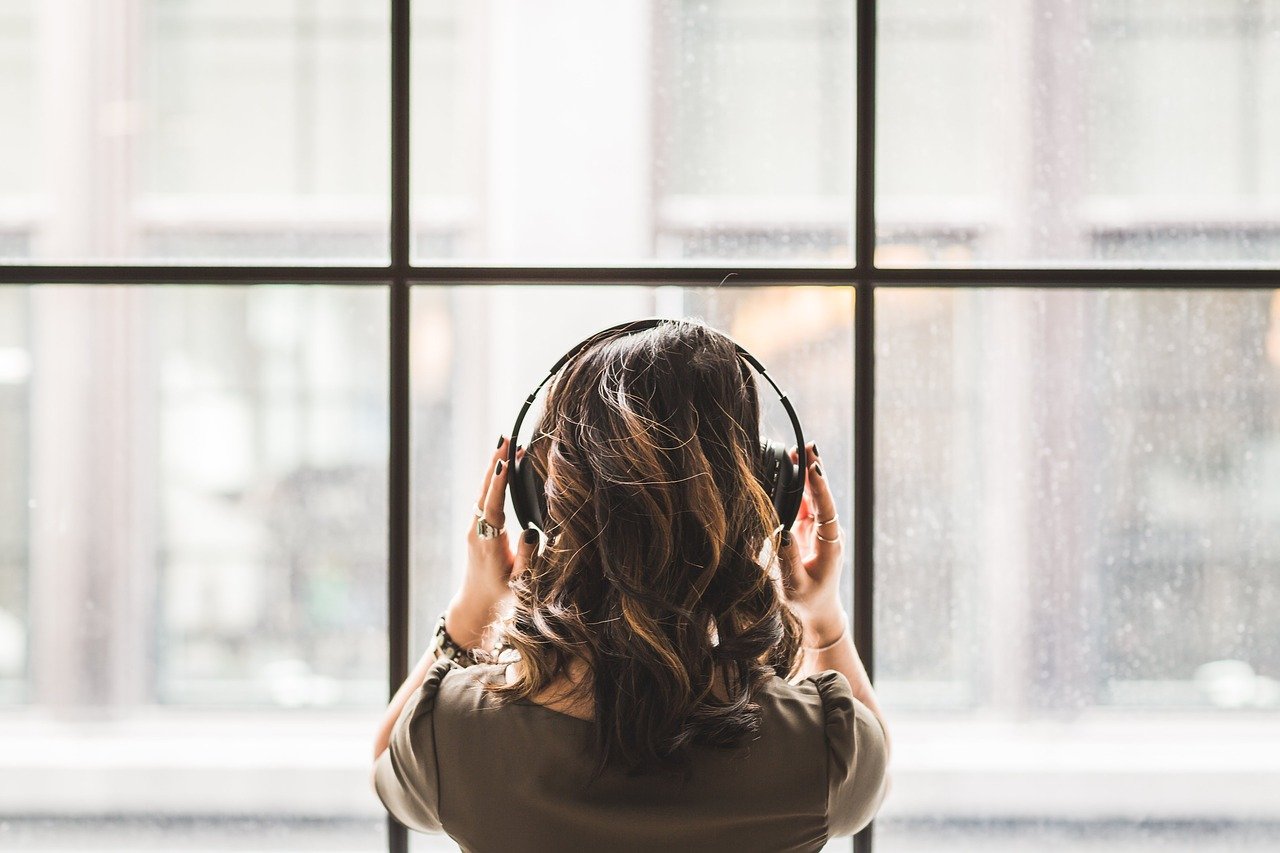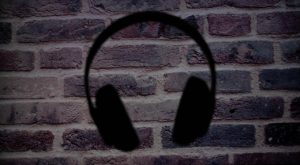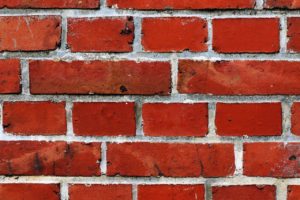Glass in itself is not soundproof as you may have experienced glass windows vibraing on external sound. However, glass may be made soundproof by treating it in a certain manner.
Usually, glass gets laminated with an interlayer of specialized PVB coating that ensures exceptional sound-absorption properties. The dampening core of the glass acts as a barrier against sound frequencies and prevents them from vibrating from one glass pane to another. This type of glass effectively reduces external noises by up to 60% when compared to regular glass.
There are two types of effective sound-insulating glass: the laminated glass type that infuses the security performance with soundproofing, and the double-glazing type that infuses insulating properties with soundproofing.
The most effective sound-insulating glass is double-glazing with acoustic insulation laminated glass. It is highly functional in reducing noise that enters your home through closed windows.
Let’s find out more!
Is glass a good sound insulator?
Yes, glass is a good sound insulator.
- It transfers a lot of sound vibrational energy at low frequencies and its resonant frequency.
- By adding air-space and reducing resonance, insulated glazing units and laminated glass both effectively reduce the sound transmission, acting as a good sound insulator.
If treated appropriately, glass insulates sound very well. A single glass pane or untreated glazing may show little insulating sound, but upgrading them with the latest glazing and laminated pane always acts as a good sound insulator.
Why is glass a good sound insulator?
Glass is a good sound insulator due to various reasons. Some of them are:
- It’s laminated with specialized PVB for optimal interlayer coating, which ensures exceptional sound-absorption properties.
- The glass’s dampening core blocks the vibration of sound frequencies to travel from one glass pane to another. This glass type effectively reduces the outside sound to enter by 60%.
- The rich, dense structure of the glass material is yet another reason for its effective soundproofing.
- The glass is a non-porous material that prevents any form of sound leak due to the absence of holes. Thus, it makes them good sound insulators.
Can glass absorb sound?
Yes, glass can absorb sound. It absorbs sounds that are close to its resonant frequency. In such a case, the glass transforms the sound energy into vibrational energy rather than reflecting and making the sound bounce back off the room, as it usually does with other frequencies.
- The glass absorbs sound at its resonant frequency that is about 400Hz.
- If the sound wave travels below or above this resonant frequency, it either gets reflected from the glass or passes through as vibration waves.
- Glass, such as acoustic glass, comprises laminated glass, abounded internal coated layer, and two or more glass panes absorb sound effectively and efficiently. The sound absorption rate of glass depends on its thickness. The thicker the glass, the better the sound-absorption properties.
- The sound waves drop off significantly if the sound has to travel further through the glass than usual. Thick Glass is best to absorb the sound of low frequencies like common traffic or neighborhood noise.
Is thicker glass more soundproof?
Yes, thicker glass is more soundproof. Like we just mentioned, the sound waves significantly drop when they have to travel longer distance in thick glass. This is the reason why the thickness of the glass plays a crucial role in noise reduction for sound traveling your home or office space.
Natural coincidence Frequency
Glass has a unique property of natural coincidence frequency. This determines how much the glass will vibrate when exposed to external vibrations. This is because, sound strikes the glass surface in form of waves. These waves makes the material they are striking vibrate. If the material vibrates in response, this causes a disturbance on the other side. If not, sound waves are blocked.
- In general, the thicker the glass used for your office or home window, the superior the soundproofing you will experience.
- This is why more thick glass, like the double glazing glass with two layers of thickness, ensures an optimal soundproofing option than others.
- Two layers of glass having air in the gap also works really well in terms of absorbing sound and making your indoors quieter.
- Since sound can not travel through vacuum, having two glass layers with vacuum in between will provide the best sound insulation.

How thick is soundproof glass?
A soundproof glass must be ⅛ inches thick on one side and 3/16 inches on the other side.
- The usual thickness of glass used in soundproof windows or soundproof glass doors is 4mm, 5mm, and 6mm panes. This thickness infused in the rubber gaskets determines to provide the airtight seal to the glass window or door assembly for preventing air leakage and avoiding sound transmission through the air.
- Every soundproof glass is toughened and tempered glass. These glasses are stiffer and more robust than the typical glass, normally with twice the soundproofing capabilities of standard glass.
- A 12mm thick toughened glass of a single unit usually provides up to 20db of sound reduction.
The wider the soundproof glass, the more will be its effect. The IGU (Insulated Glass Unit), with an overall thickness of 12mm comprising of 6mm of air space, 3mm of glass on one side, and again 3mm on the other, will give less effective results to dampen sound than the IGU with an overall thickness of 24mm.
What glass proofing is best for soundproofing?
When put for application use, a single sheet of laminated glass is way more effective in soundproofing than any standard glass of similar size. This is because sound waves find it more challenging to travel via the combination of a PVB interlayer and glass sheets. This is why laminated glass is best for soundproofing than others.
You may go for acoustic glazing on the glass.
Note: Using the best glass will not give you the desired results if not installed correctly. Any gaps left out during installation will let sound waves pass through, reducing the overall effect.
How effective is soundproof glass?
Soundproof glass is effective due to its near-impregnable barrier in between your ears and the sound. It also effectively blocks external noise by up to 90%. The soundproof glass takes on and captures the mechanical energy of the sound wave. This glass type is highly effective in blocking most sounds for about 90%-95%, with a few frequencies as exceptions.
Below is a table representing the types of glass, their STC values, the soundproofing features, and the applications they are most suitable to.
Types of Glass | STC Rating | Features | Applications |
Standard Glass | At home – 33 At studios – 45 | Thick single lite glass | At home and recording studios |
½” Monolithic Glass | 36 | Loud speech heard and somewhat understood | Construction of final Viracon fabricated product |
¼” Monolithic Glass | 31 | Normal speech heard but not understood | Architectural purposes |
¼” Glass / 0.030″ PVB / ¼” Glass Laminate | 38 | Loud speech heard but not understood | Used for optical clarity, strong binding |
¼” Glass + ½” Air + ¼” Glass IGU | 35 | Loud speech heard and somewhat understood | Residential and commercial buildings |
1/8″ / 0.030″ PVB / 1/8″ + ½” Air + 1/8″ / 0.030″ PVB / 1/8″ IGU | 42 | Loud speech heard but not understood | Vertical glazing skylights |
1/8″ Glass / 0.030″ PVB / 1/8″ Glass + ½” Air + ¼” Glass IGU | 39 | Loud speech heard but not understood | Sloped glazing |
Note: With soundproofing glass, the more the STC rating, the better the soundproofing.
- You can hear the normal conversation from the outside at an STC rating of 25 or below.
- Loud speeches are audible, but regular conversations are not if the STC becomes 30.
- For obtaining a complete soundproof environment with absolute silence, the glass must be of STC rating 60.
- Usually, most soundproof glasses have an STC rating between 20 and 38, depending on the glass properties.
Summary
Glass buildings and glass interiors are becoming common these days as they provide good amount of soundproofing. A lot of office spaces as well as residential complexes are moving towards glass exteriors.
Based on your requirements, you may select the right soundproofing glass and safeguard not just your home or office, but your mind from the constant sounds coming from outside.




